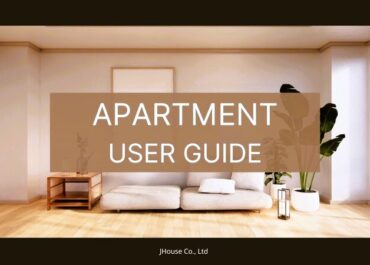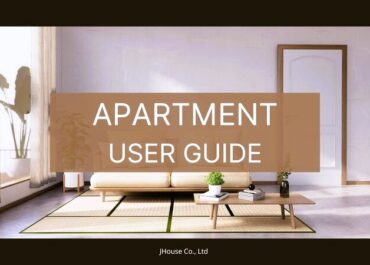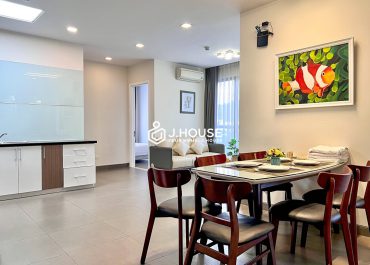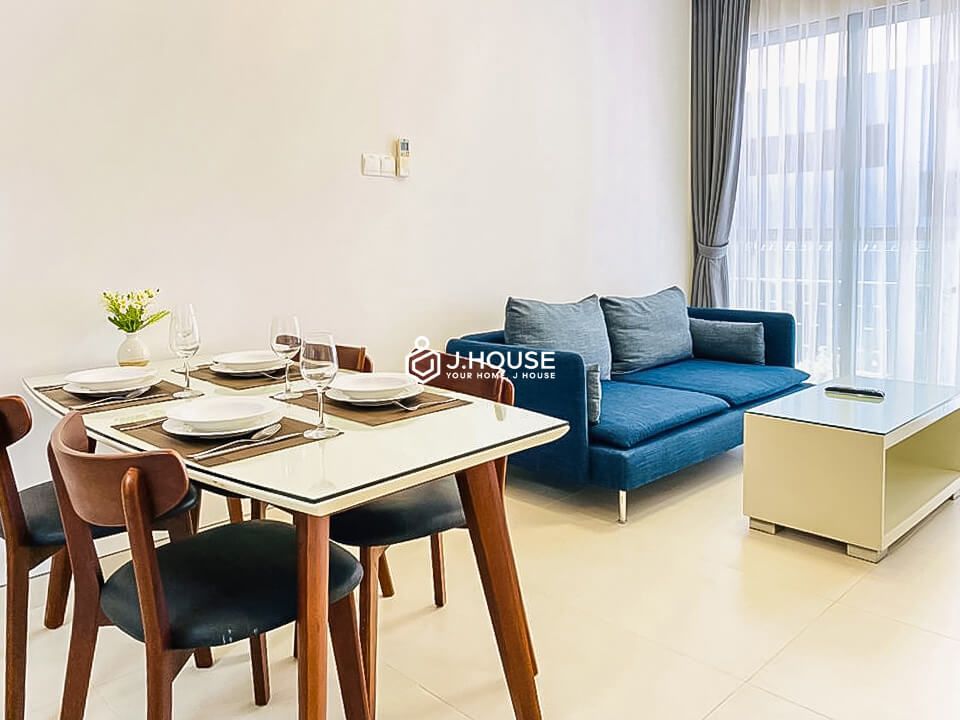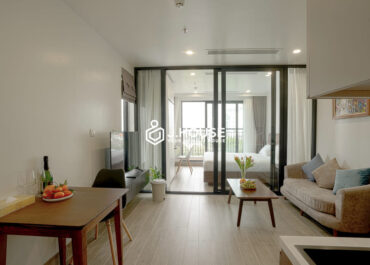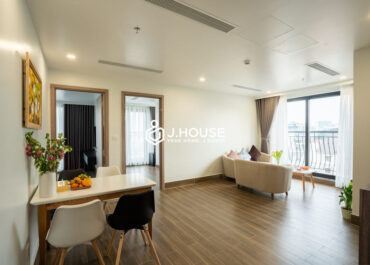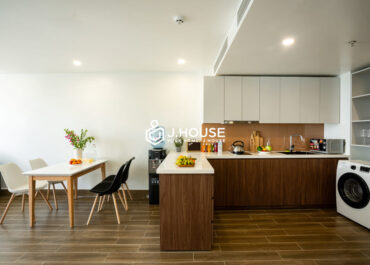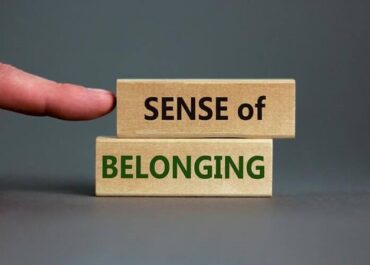Latest Properties
Understanding Taxes & Fees When Renting in Vietnam as a Foreigner
Rental Taxes and Hidden Fees in Vietnam: A Guide for Expats
Understanding taxes and fees when renting in Vietnam is just as essential as choosing the right home.
At first glance, rental prices may seem straightforward — yet many expats later discover hidden costs such as taxes, management charges, and utility bills that can quietly increase their total monthly budget. Some contracts include these expenses, while others leave them for tenants to cover, leading to confusion or unexpected bills.
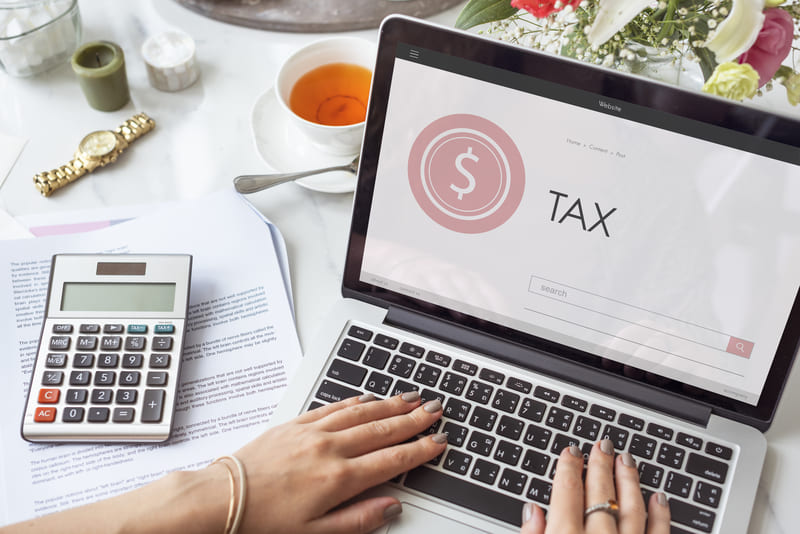
Whether you’re signing your first lease or renewing a long-term stay, knowing how these charges work helps you plan your finances smartly, communicate better with your landlord, and avoid the frustration of surprise costs — ensuring a smooth, transparent rental journey in Vietnam.
Understanding Taxes & Fees When Renting in Vietnam
Vietnam’s rental market follows its own taxation system that applies to both local and foreign landlords. As an expat tenant, you might not handle tax payments directly — but these costs are often built into your rent or added through extra service fees. Understanding how taxes and fees work when renting in Vietnam helps you see where your money goes and avoid confusion later. It’s a key step toward transparent communication and smarter budgeting during your stay.
1. VAT and PIT on Rental Income
Landlords in Vietnam who earn rental income are required to pay two main taxes: Value Added Tax (VAT) at 5% and Personal Income Tax (PIT) at another 5%. Together, these form a total tax rate of 10%, calculated on the rental amount.
In most cases, landlords include these taxes in the monthly rent — especially when tenants need an official tax invoice (“red invoice”) for company records or visa-related paperwork. However, if your lease agreement doesn’t clearly state that the rent is “tax-included,” the landlord may later ask you to pay the extra 10%.
Before signing your lease, it’s best to ask directly whether VAT and PIT are already included. This simple question can save you from unexpected costs and prevent misunderstandings once your tenancy begins.
2. Who Pays the Taxes — Landlord or Tenant?
Under Vietnamese law, landlords are responsible for paying taxes on their rental income. However, in practice, expats often share or even cover these costs — especially when renting serviced apartments or signing company leases that require official tax invoices.
- Individual rentals (non-serviced apartments): Rent is usually quoted as a flat “tax-included” amount, meaning the landlord has already factored VAT and PIT into the total price.
- Serviced apartments or corporate leases: Prices are often stated “before tax,” so tenants should expect an extra 10% charge for VAT and PIT combined.

Before signing, always double-check if your contract specifies “inclusive of VAT and PIT.” This single phrase can protect you from hidden costs and billing surprises later on.
Read more: Tenant Rights vs. Landlord Rights in Vietnam
3. How Taxes Affect Rent Prices
Rental taxes in Vietnam might appear minor at first glance, but they quietly influence how much tenants pay. Landlords who officially declare taxes often set slightly higher rents to offset these costs. On the other hand, private landlords who skip tax declarations can offer lower prices — yet tenants in such cases usually won’t receive an official invoice. This absence of documentation can later cause issues with work permit applications, TRC (Temporary Residence Card) renewals, or company reimbursements.
For expats, opting for a fully declared lease may cost a bit more each month, but it brings peace of mind — with greater transparency, legal protection, and smoother paperwork down the road.
Other Fees Expats Should Expect
Beyond taxes, expats in Vietnam should also plan for several recurring rental fees and monthly living costs. These vary depending on the apartment type, location, and level of service, but knowing them in advance will help you budget more accurately and avoid surprises later.
1. Management and Maintenance Fees
Most apartment buildings and serviced residences charge a monthly management fee that covers building upkeep, cleaning of common areas, and security services.
- Standard apartments: around 10,000–20,000 VND/m²/month
- Luxury or serviced residences: can range from 30,000–50,000 VND/m²/month
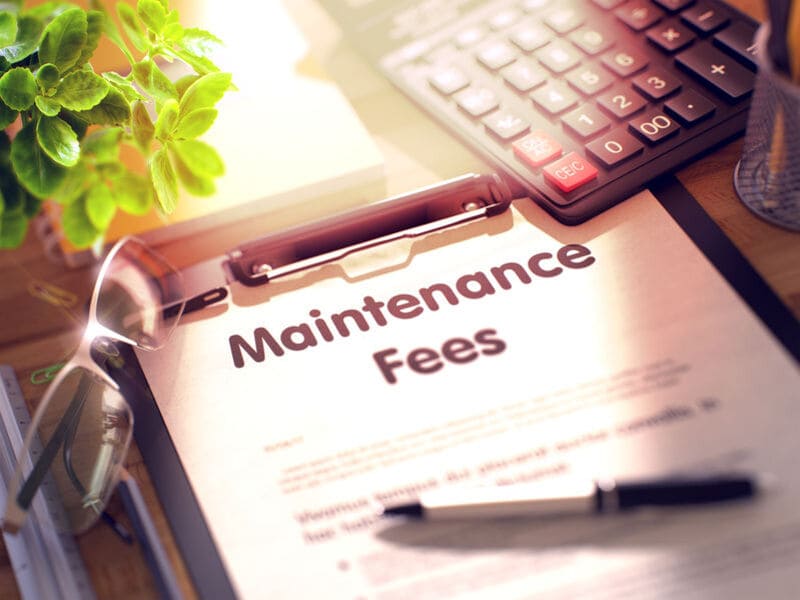
Some landlords also charge separate maintenance or repair fees, especially for private homes. Always check whether these costs are already included in your rent or billed separately to avoid confusion.
Read more: Common Maintenance Issues & How to Communicate with Landlords
2. Utilities: Electricity, Water, Internet, Parking
Utilities can make up a large portion of your living expenses — especially during the hot months in southern Vietnam.
- Electricity: typically 3,000–4,500 VND/kWh for private apartments, and up to 5,000 VND/kWh in serviced units.
- Water: usually 15,000–25,000 VND/m³, depending on the building.
- Internet: around 250,000–400,000 VND/month for a reliable fiber connection.
- Parking: 100,000–300,000 VND/month per motorbike; car parking is considerably higher.
Each property may bill utilities differently — some tenants pay directly to the supplier, others through the landlord or management office. Clarify this before signing to prevent billing surprises.
3. Cleaning and Service Charges
Serviced apartments or premium residences often include cleaning, linen changes, or concierge services in the rent. If not, cleaning in Ho Chi Minh City typically costs around 200,000–300,000 VND/hour. While that might seem minor, these costs can quickly add up — particularly for long-term tenants or families. Setting a cleaning schedule early helps you balance comfort and expenses.
Hidden or Overlooked Rental Costs
Even experienced expats can be surprised by small but recurring or one-time expenses that weren’t mentioned upfront. These hidden costs might not seem significant at first — yet they can quietly add up and affect your rental budget over time.
1. Deposit and Contract Fees
Most landlords require a one to two-month deposit for long-term leases, refundable at the end of the tenancy. Always ensure your contract clearly states the refund terms, especially for early termination or minor damages.
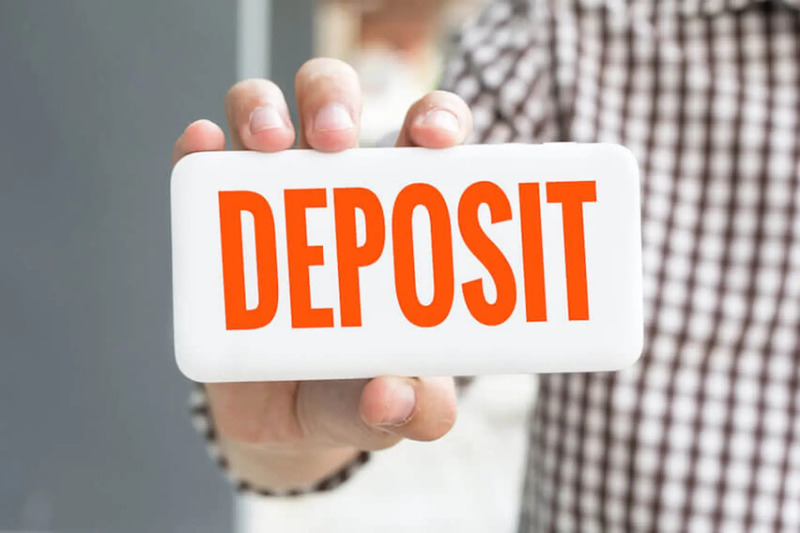
If you rent through an agent or broker, clarify early who pays the commission. In many serviced apartments, the landlord covers this fee, but for private rentals, the tenant may need to.
Read more: Everything You Need to Know About Your Security Deposit
2. Notarization and Documentation
In certain districts or for corporate leases, notarization is required for legal validity, costing around 200,000–500,000 VND. Expats applying for a Temporary Residence Card (TRC) often need the tenant’s temporary residence confirmation and the landlord’s rental tax receipts. Some landlords or agents may charge extra service fees to prepare these documents, so it’s best to confirm this early to avoid delays.
Read more: Apartment Rental in Vietnam: Legal & Financial Guide for Expats
3. Banking and Currency Fees
If you pay rent in USD or via international transfer, expect exchange rate differences and bank transaction fees that can slowly add up. To minimize losses and keep records transparent, it’s better to pay in Vietnamese Dong (VND) through a local bank transfer. This not only saves conversion costs but also provides a clear payment trail for visa or tax documentation later.
How to Avoid Overpaying or Double Taxation
One of the biggest frustrations for foreign tenants in Vietnam is discovering hidden costs after signing a lease — either being asked to pay extra rent because taxes weren’t included, or facing double taxation when the same amount is taxed twice. Fortunately, with a bit of preparation, you can prevent both scenarios:
- Check if rent is tax-inclusive: Always confirm before signing the lease to avoid paying more than expected.
- Request official receipts: A red invoice (if applicable) ensures that taxes are properly declared.
- Include clear tax clauses in your contract: Clearly specify who is responsible for VAT and PIT. This also helps prevent the tenant’s company (if paying rent on behalf of the employee) from covering the same tax twice, avoiding “double taxation” and unnecessary costs.
- Consult your agent or HR department: They can guide you to tax-compliant landlords and verified listings.

By confirming that all taxes are included upfront, you prevent extra payments and ensure your lease is valid for company reimbursement, visa, or TRC purposes.
Tips for Smooth Rent Payment and Compliance
To make rent payments smoother and fully transparent, expats should follow a few simple practices:
- Pay monthly or quarterly via bank transfer — this creates a clear, traceable record for both parties.
- Keep copies of all receipts and invoices, especially if your company reimburses housing costs.
- Renew your lease on time to prevent any gaps in tax declarations or legal coverage.
- Stay in touch with your landlord about any billing updates or fee adjustments.
- Know your rights — tenants aren’t responsible for paying the landlord’s taxes unless the contract states otherwise.
If something seems unclear, don’t hesitate to ask your landlord or agent. Open communication builds trust and ensures a smooth renting experience in Vietnam.
Read more: 11 Tips To Protect Your Security Deposit
Conclusion
Understanding taxes and fees when renting in Vietnam helps expats make confident and transparent housing decisions. From VAT and PIT to management costs and utilities, every expense plays a role in shaping your true monthly budget. Knowing these details upfront means fewer surprises later — allowing you to settle in smoothly, plan ahead, and focus on enjoying life in your new home.
At JHouse, we believe that clarity leads to comfort and peace of mind. Whether you’re searching for a serviced apartment or a long-term family home, understanding how taxes and fees work helps you manage your finances wisely, avoid hidden costs, and maintain a positive relationship with your landlord. With the right knowledge and support, you can enjoy a stress-free renting journey and feel truly at home in Vietnam.
JHouse Content Team
The in-depth content development team on housing services for foreigners & Vietnamese in Vietnam. The content is simple, easy to understand, and logically arranged to bring readers useful topics and information from real experiences.

